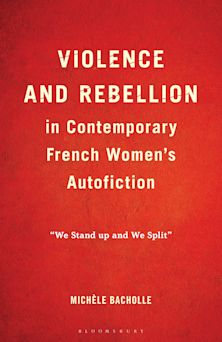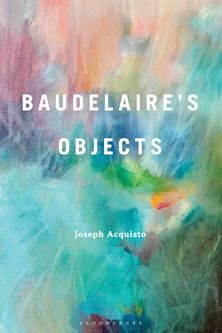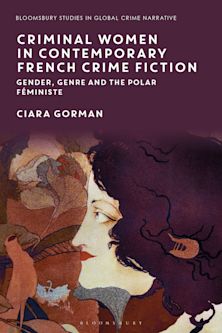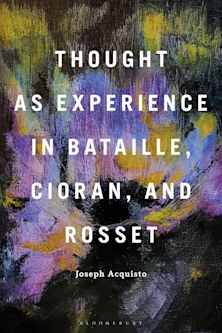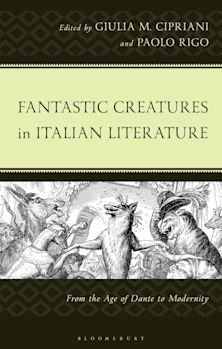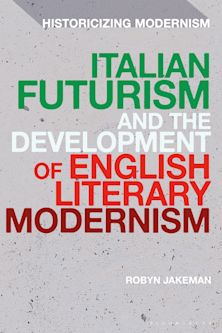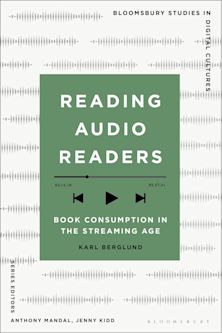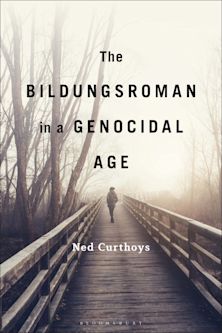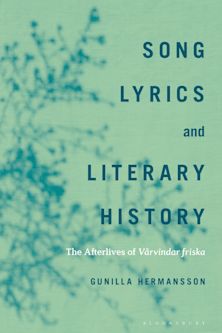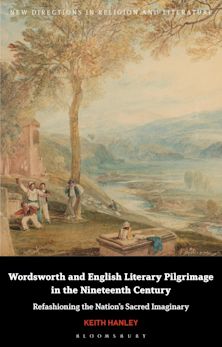Performing the Pied-Noir Family
Constructing Narratives of Settler Memory and Identity in Literature and On-Screen
Performing the Pied-Noir Family
Constructing Narratives of Settler Memory and Identity in Literature and On-Screen
This product is usually dispatched within 2-4 weeks
- Delivery and returns info
-
Flat rate of $10.00 for shipping anywhere in Australia
Description
The impact of the Algerian War (1954-1962) continues to resonate in France, where the subject was long repressed in the collective psyche. This book sheds new light on a memory community at the heart of the conflict: the million European settlers known as the pieds-noirs, who migrated to France as the war reached its bloody end. Aoife Connolly draws on theories of performativity to explore autobiographical and fictional narratives by the settlers in over 30 canonical and non-canonical works of literature and film produced from the colony’s imminent demise up to the present day. Connolly focuses on renewed attachment to the family in exile in a comprehensive analysis of settler masculinity, femininity, childhood, and adolescence that uncovers neglected representations, including homosexual and Jewish voices. Findings on the construction of a post-independence identity and collective memory have broader implications for communities affected by colonization and migration. Scholars of French Studies, Postcolonial Studies, Cultural Studies, Gender and Identity Studies, Memory Studies and Migration Studies will find this book particularly useful.
Table of Contents
Introduction
Chapter 1: Camus, Meursault, Daru, Cormery: The First Pied-Noir Men
Chapter 2: Performing French Algerian Femininity
Chapter 3: Performing Pied-Noir Masculinity
Chapter 4: Performing Childhood and Adolescence through French Algerian Narrators
Conclusion
Bibliography
Index
About the Author
Product details
| Published | 18 Aug 2022 |
|---|---|
| Format | Paperback |
| Edition | 1st |
| Extent | 252 |
| ISBN | 9781498537377 |
| Imprint | Lexington Books |
| Dimensions | 228 x 152 mm |
| Series | After the Empire: The Francophone World and Postcolonial France |
| Publisher | Bloomsbury Publishing |
Reviews

ONLINE RESOURCES
Bloomsbury Collections
This book is available on Bloomsbury Collections where your library has access.













